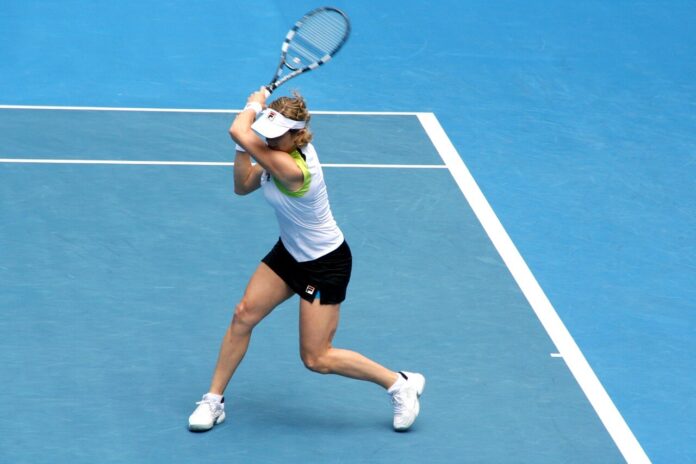Education is extremely crucial for tennis players if they want a successful career ahead. This is so because it enhances their thinking, making them better at decision-making and analysis while they train. Although physical strength and talent are necessary for athletes, education aligns with both very efficiently while developing emotional and mental discipline, which guarantees long-term success.
If you are someone aspiring to be a tennis player in New York, it is a must for you to focus on your education side by side because it can become a huge advantage in such a situation where both competition and opportunities are large. Education aids a player in managing their career, learn about the sports business, and looking for lucrative opportunities.
1. Strengthening One’s Mental Capacity
While playing tennis, players are required to have quick decision-making skills and maintain their composure in stressful situations. By developing analytical and problem-solving skills through education, players can easily master these qualities simultaneously. Furthermore, if a player understands the art of calculating decisive gains, anticipating results, and evaluating situations, they will develop a mental edge while competing.
2. Creating Opportunities Beyond the Baseline
With the help of education, players can look for opportunities and professions beyond playing tennis as well. They learn about leadership, communication, and business, which can be practiced in any field while promising success and growth. For instance, tennis jobs New York can extend to some more attractive jobs and professions than playing the game itself if someone has the right education and experience in this industry. With the help of a solid educational background, the players can take the role of coaches, athletes, or even sports professionals if they want to have a long-term career.
3. Balancing Between Academics and Athletics
It might be difficult for athletes to manage their studies and training while pursuing academic sport, and many of them fail to achieve this because they lack balance and discipline. If athletes learn how to manage their schoolwork with training, they can master a sense of discipline and consistency that will work in their game and competition as well. Moreover, schools and universities also play a significant role in helping students manage both. If both sports and education are perfectly incorporated into their curricula, it can become very easy for athletes to complete their studies while keeping up with their training.
Many athletes can learn time management skills and responsibility if they manage their schedule, training sessions, and travel schedules efficiently, which will help them in both personal and professional lives while maintaining such a balance. Additionally, athletes can manage several challenges immediately while staying confident and self-aware.
4. The Value of Professional Networks
Another huge plus point of education is that it helps to build a strong connection, which will provide the athletes with many more opportunities. By participating in occasional classrooms, college events, and sports programs, students and players get to meet coaches, mentors, and professionals of the industry, leading to potential partnerships, career breaks, and mentorship after completion of their education.
Internships and sponsorships are also available with the help of good networking in educational events, which can help the players to explore various professions in tennis beyond competing and provide them with roles that are appropriate for them.
5. Preparation for Life After Tennis
Every sports career is meant to end after a short duration, so players must plan for their future and long-term career. Education can be the foundation for that next step, as it allows practitioners to change their careers effortlessly with confidence. If the athletes are trained properly and have adequate skills, they can easily build a profession in coaching, fitness, sports management, and even media. Education is the path that guarantees growth for athletes even after leaving the tennis court.
Education develops resilience, foresight, and adaptability, equipping the athletes with skills that are beyond academic knowledge. Players can manage the pressure of competition while planning for their long-term success, also.
Thinking strategically and being smarter are a few of the qualities that a well-educated athlete possesses while shaping their career. Lastly, education is a fixed asset for someone aspiring to pursue tennis that will assist them forever, even while they are playing or not.



